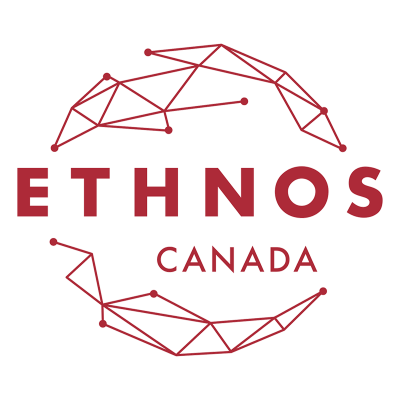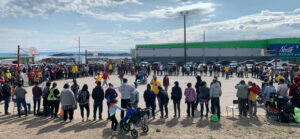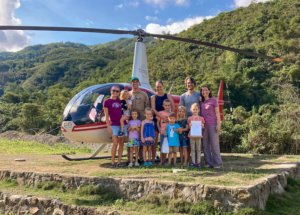The RN’s primary role is that of Personal Care Attendant. Additional responsibilities that the RN license allows include:
- Perform the initial training and updates for ALF staff assisting with medications. Possibly other initial staff training as well.
- Instruct personal care staff “in-services” on topics such as personal hygiene, infection control, geriatric care, medication assistance, etc.
- Oversee the Annual TB screening at NTM Homes to include training nurses, obtaining the script from the doctor and record keeping.
- Administer medications in accordance with a health care provider’s order or prescription label and document all occurrences of medication administration.
- Communicate with health care professional staff by phone and/or fax regarding new or revised medication orders. Follow up on medication orders and changes.
- Manage pill organizers to be used only by residents who self-administer medications. Instruct the resident in the proper use of the pill organizer.
- Administer and regulate portable oxygen.
- Assist with routine colostomy care.
- Assist and monitor the application of anti-embolism stockings or hosiery.
- Give prepackaged enemas pursuant to a physician’s order.
- Take or supervise the taking of vital signs along with appropriate documentation. Maintain a monthly ALF resident record of weight, blood pressure, and pulse rate.
- Conduct weekly blood pressure clinic for ALF residents, retirees in independent housing and volunteers.
- Administer TB tests and read the results of said tests during annual staff TB screening.
- Fulfill Continuing Education Units as required by law to maintain your professional active RN license.
- Assist the Administrator in evaluating continued residency criteria. Decisions about changes, actions or inaction in resident healthcare should be made in conjunction with the other nursing staff. We like to use the “team” approach in decision making, valuing each member’s input.



